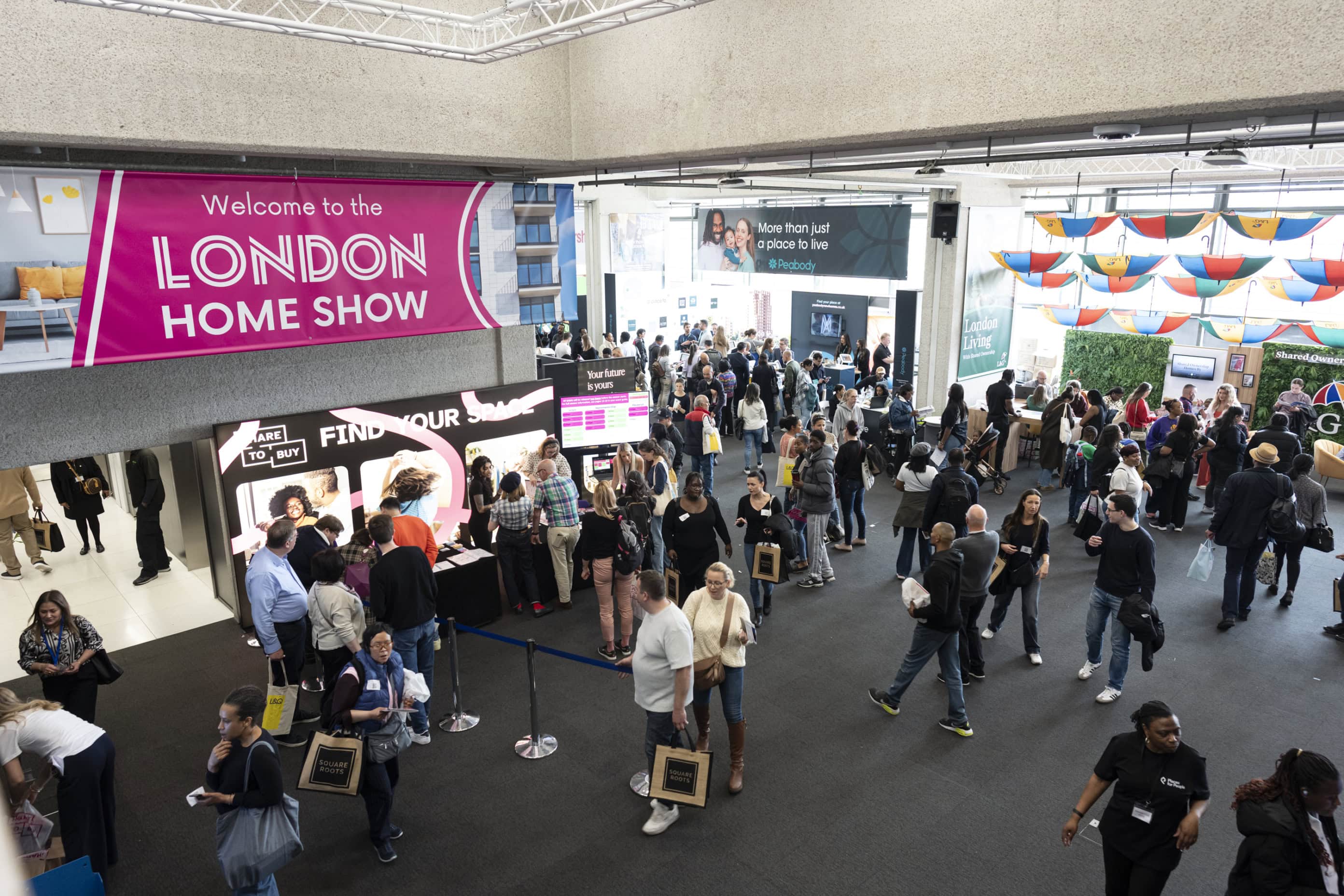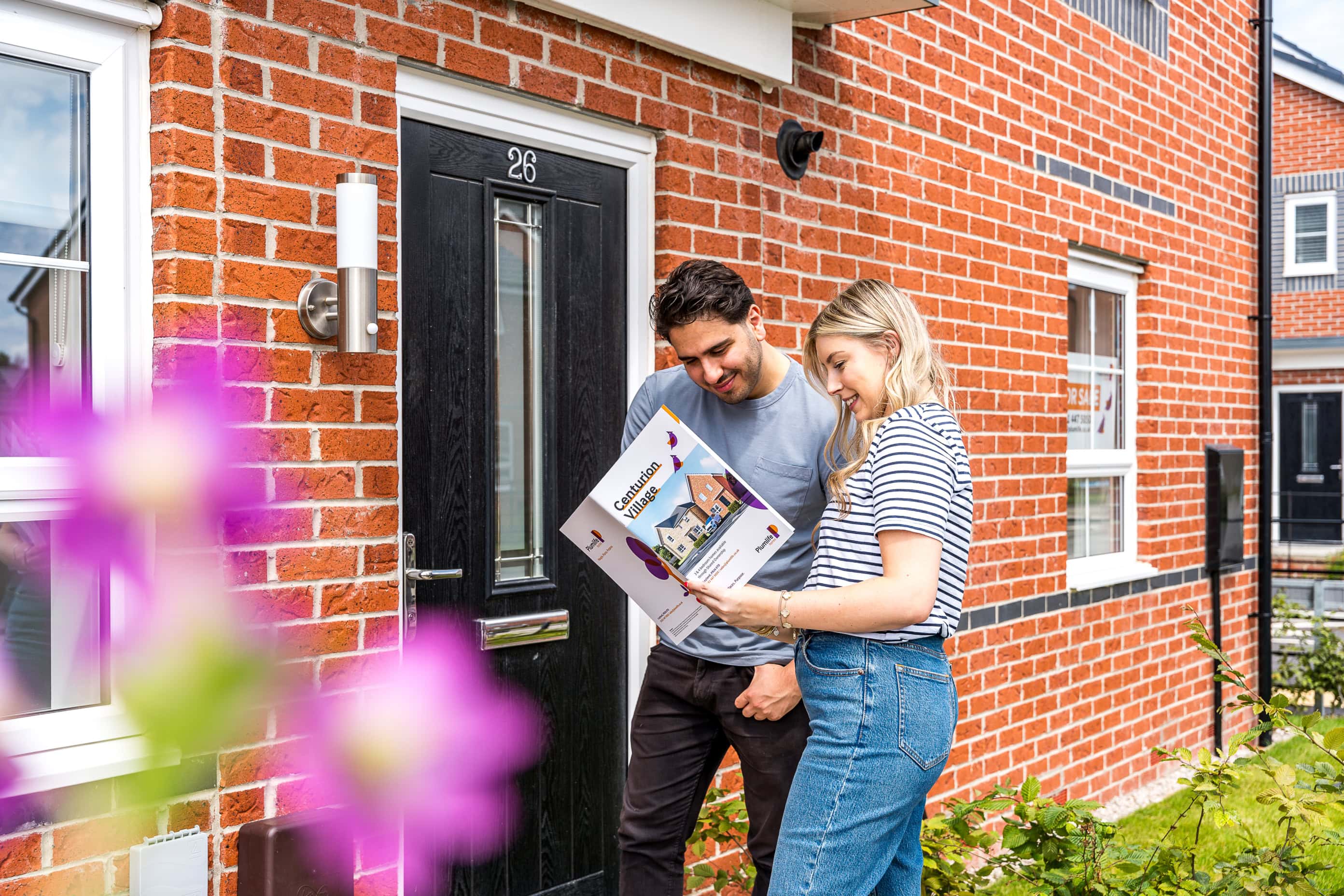Why Gen Z wants housing with a sense of community

A new cohort of prospective first time buyers are entering the property market: Gen Z. But how can we ensure we’re building homes that appeal to this generation and the next?
As digital natives, Generations Z and Alpha are growing up in a world where social media and online communities are just as important as offline connections. So, it’s crucial to consider how this will affect their decision-making process when investing their money in property. One thing is clear – the link between housing and community will play an integral role, whether through virtual spaces for residents of developments, communal areas in apartment buildings or neighbourhood hubs where people can come together.
In this blog, we’re exploring the importance of community for Gen Z and how property developers can tap into this need to create the ideal housing for the next generations.
Why are communities important?
Communities enable people to make meaningful connections through shared experiences, interests and values, creating a sense of belonging. As such, they significantly contribute to our overall well-being. Research compiled by the Mental Health Foundation reveals that people who have strong social connections to family, friends or their community are physically healthier and experience fewer mental health problems than those who are less connected. Considering that 1.9 million young people in the UK feel ‘chronically lonely’, according to a study by the Co-op Foundation, the importance of community among Gen Z is more vital than ever.
Of course, there’s no ‘one size fits all’ in regard to feeling connected to others. People vary between the types and number of connections they need to thrive, but the consensus is that high-quality connections, which can breed via community, are integral to living a full and meaningful life.
Offline vs online communities
As digital natives, Gen Z has grown up in the age of social media, giving them an affiliation with online communities, unlike any other previous generation. These virtual spaces foster connections that might not be possible in real life, due to limitations like geography, and therefore, increase possibilities to socialise with others. While online communities can sometimes transform into offline connections, they can’t necessarily replace the authenticity of face-to-face interactions.
For Gen Z, the ideal solution lies in the balance of being able to access online communities at their fingertips and having the means to make genuine connections in real life.
How the housing industry can create communities for Gen Z
Housing developers can harness the power of online and offline communities to build homes that appeal to Gen Z and its successor, Gen Alpha. Here’s how they can do this:
Understand Gen Z’s values
To foster community among Gen Z, it’s important to understand their motivations and values. For instance, tackling climate change is hugely important to many young people, so living in energy-efficient, low-carbon homes with little to no environmental impact should be a key focus of developers and house builders wanting to appeal to Gen Z and Alpha. By creating housing aligned with this desire for eco-conscious living, developers can foster a sense of community via the shared values of home-buyers.
Enable online engagement
In addition to being a source of connection, social media is helping members of Gen Z in their homeownership journey. From hearing authentic stories from previous first time buyers to getting tips from market experts, young people are figuring out how to navigate the process on platforms like TikTok and Discord. But what about post-purchase? Developments with integrated technology, such as apps that enable communication between residents, could appeal to Gen Z’s desire to build a community among those they live close to.
Facilitate offline interactions
Housing developers should also consider the physical spaces in which homeowners can interact with each other. Shared amenities in communal areas, like green spaces and parks on housing developments or co-working spaces and rooftop terraces in apartment blocks, provide places for people to meet and network, appealing to Gen Z’s need for social connection.
The future of communities for Gen Z and Gen Alpha
For previous generations, the sense of community always started at home. For Generation Z and Alpha, the concept continues to ring true. Ultimately, a community isn’t created by one entity – it’s cultivated by the people who are part of it. They shape how it operates, evolves and enriches the lives of its members. By creating housing that puts the community first, developers can make homes which are more than just a place to live but a place where connection and interaction are commonplace.
At Share to Buy, we make your choice easier with a selection of new-build homes across England, available through alternative homeownership schemes such as Shared Ownership. Get your home-buying journey underway using our property portal.

